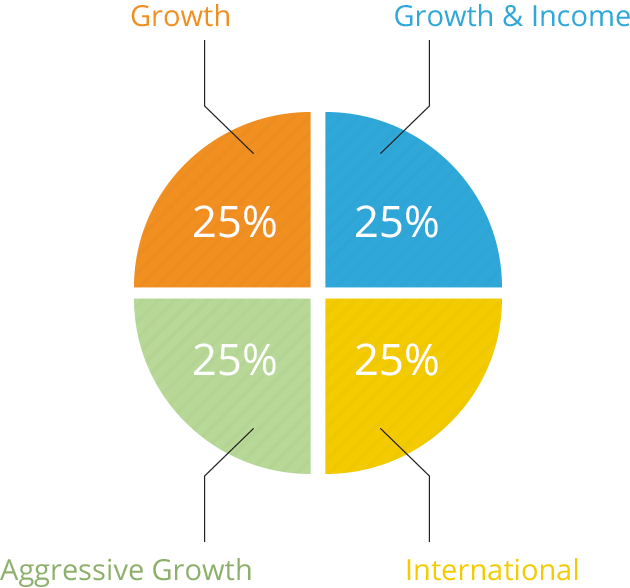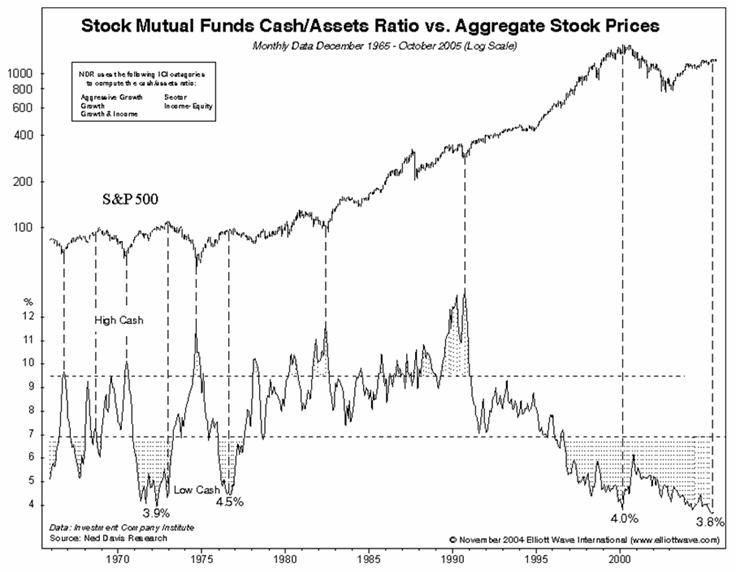What Stock Investors Need to Know About Mutual Funds
Post on: 21 Май, 2015 No Comment

Individual Stocks and Mutual Funds Popular Combination
You can opt-out at any time.
Please refer to our privacy policy for contact information.
Many investors prefer the benefits (lower holding costs, expenses and so on) of holding individual stocks rather than investing in mutual funds.
There are good arguments on both sides for the advantages of one strategy over the other. The truth is that most investors in the stock market use both individual stocks and mutual funds to reach their financial goals.
This is the first in a series of articles about the benefits and drawbacks of using mutual funds .
Mutual funds are the most popular investment instrument in the United States. More than half of all households own shares in one or more mutual funds — more than 80 million accounts controlling trillions of dollars in assets. The structure of mutual funds is one of the reasons the industry has been so successful.
Mutual funds cite as a main benefit the value of using professional managers to pick stocks, bonds and other assets, depending on the fund’s objectives.
Investment companies are the parent organization of mutual funds and hire professional portfolio managers to manage their funds. Investors buy shares of a fund and the professionals make all of the investment decisions.
Most mutual funds have a relatively low initial investment — many for $2,500 to $1,000 or less — and even lower subsequent investment minimums, often in the $50 to $100 range.
The low opening investment requirement makes mutual funds the ideal starter strategy for young people or others with only a modest sum for investment.
There are thousands of different funds and they span a wide range of investment categories. Most funds fall into one of the broad categories listed in future articles. Many investment companies offer a number of mutual funds grouped together and called a family of funds or simply a funds family.
This combination of different types of funds lets investors move their money among the different funds as their investment objectives change, in many cases without penalty or charge.
Mutual funds have much to offer investors, especially people who don’t have the time, experience, or interest in analyzing stocks or bonds for their portfolio. There are other benefits:
Diversification of Holdings
Each mutual fund invests in dozens of stocks, bonds, or other investments. Few individual investors can afford to diversify their holdings as broadly as a mutual fund does. Diversification is an important way to minimize risk, since the failure of one company or bond won’t have a serious impact on a portfolio holding many stocks and bonds, whereas an individual who only owned a few stocks or bonds might suffer a serious financial setback if one of them failed. The larger the number of holdings, the smaller that impact will be.
Of course this works both ways. A company that shoots up dramatically may not have a large impact on the fund if other stocks don’t rise at the same rate.

Reinvestment of Earnings
When the stocks held in the mutual fund pay dividends. or the fund sells a stock for a profit, or a bond or other investment makes an interest payment, those earnings accrue to the shareholders. You can take them as a cash distribution at regular times during the year, or have them reinvested in the fund to buy more shares.
Reinvesting your earnings is a way to increase you holdings more rapidly. You will still pay taxes on the earnings, in most cases, but the money will be reinvested in the fund and earning more for you in the meantime.
Automatic Deposits and Payments
Almost all funds will accept a regular payment, usually debited from your checking or other bank account on a monthly or some other basis. This regular investment is called dollar cost averaging and it is discussed in detail in future articles.
However, it is important to note that you pay no fee to the fund for this privilege — unlike investing in stocks where you must pay a commission to a stockbroker on every purchase or sale.
Likewise, if you wish to receive a regular check from the fund, you can arrange for that service as well. If earnings on your account are not sufficient to cover your requested withdrawal, the fund will sell enough shares to meet your dollar amount.
Future articles
Future articles on mutual funds will look at their role in retirement investing, some of the technical aspects of funds and other advantages and disadvantages.














